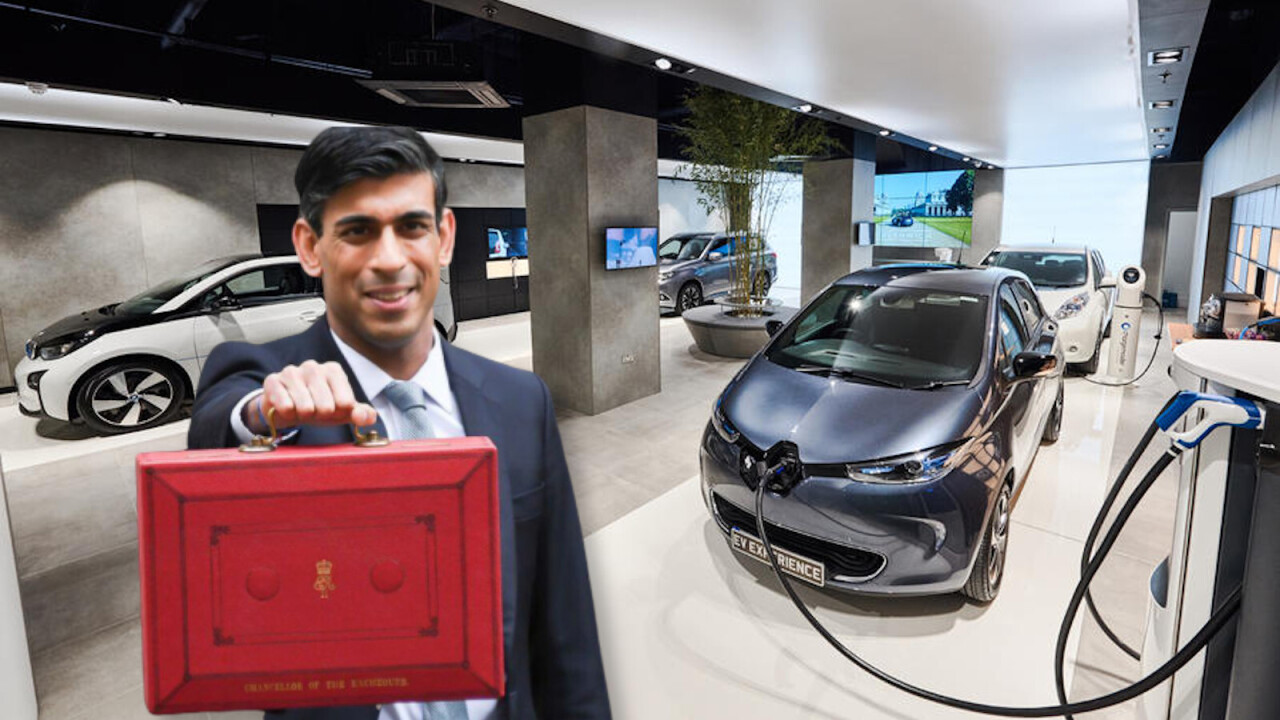
The UK government is about to deal a blow to consumers and unexpectedly change the rules of its plug-in car grant. The changes will make a number of popular EVs less attainable than before, particularly those at the pricer end of the market.
According to The Times Driving, the UK government is going to cut its plug-in car grant by £500 ($700), dropping it from £3,000 ($4,180) to £2,500 ($3,480).
The grant is also going to be capped at £35,000 ($49,000), meaning those looking to buy EVs like the Tesla Model 3 or Polestar 2, which start north of £40,000 ($56,000), won’t be eligible to receive the subsidy.
A surge in demand for electric vehicles is being blamed for the governments actions. But in reality, it’s that the government no longer wants to, or can afford to, support the scheme.
It’s not all sad, though, because let’s be honest, cutting the cap from £50,000 to £35,000 is only going to affect people who already have quite a bit of money to spend on a car. The subsidy is still available for more affordable EVs, like Peugeot 208-e and the Renault Zoe.
We shouldn’t be too surprised that the UK government has taken this action.
This is the fourth time the UK government has pruned the subsidy. In fact, this time last year, the nation’s government did exactly the same thing and cut the grant by £500.
As EVs proliferate and become the norm, the subsidy will be removed. After all, it’s an incentive designed to encourage people to make the switch from combustion to electricity by addressing the price disparity between the two types of vehicle.
Eventually, we can probably expect governments around the world to start imposing new taxes and charges on vehicles (including EVs) to make up for the financial shortfall because no one is paying fuel duty anymore.
Do EVs excite your electrons? Do ebikes get your wheels spinning? Do self-driving cars get you all charged up?
Then you need the weekly SHIFT newsletter in your life. Click here to sign up.
Get the TNW newsletter
Get the most important tech news in your inbox each week.




